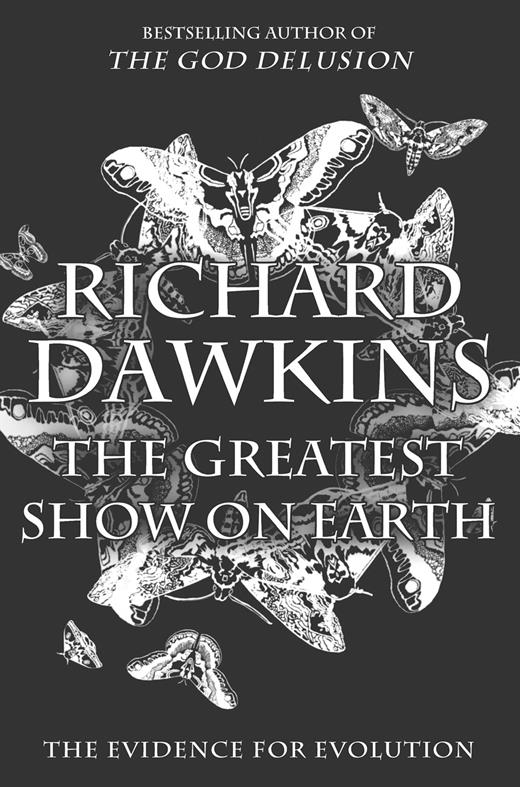Seymour Flops
Diamond Member
So, it is true that we should not automatically assume God as the only explanation for the many gaping holes in naturalistic evolutionary theory. But, if we are intellectually hones, we must recognize that the gaps are there. We shouldn't say, "it must be God," when discussing those gaps, but we have to say, "it must be something."
Let us not forget that evolutionary theory is not in any way an experimental science. Evolutionary theory consists entirely of hypotheses and suppositions, few of which can be tested.
Evolutionary theorists have yet to come up with a plausible way that DNA could have formed without having been designed. Since it is not experimental, almost any idea for how DNA formed would be immediately accepted by the popular science media, and impossible to falsify.
Let us not forget that evolutionary theory is not in any way an experimental science. Evolutionary theory consists entirely of hypotheses and suppositions, few of which can be tested.
Evolutionary theorists have yet to come up with a plausible way that DNA could have formed without having been designed. Since it is not experimental, almost any idea for how DNA formed would be immediately accepted by the popular science media, and impossible to falsify.




